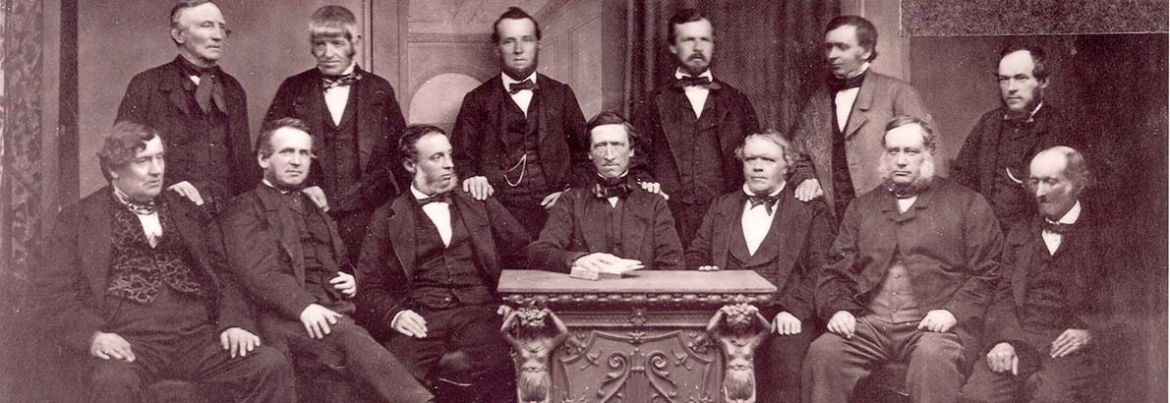
In 1844 the Rochdale Pioneers
founded the modern Cooperative Movement in Lancashire, England, to provide an
affordable alternative to poor-quality and adulterated food and provisions,
using any surplus to benefit the community. Since then, the cooperative
movement has flourished, extending across the globe and encompassing all
sectors of economy.
The beginning of the modern
cooperative movement
The earliest record of a cooperative comes from Fenwick, Scotland where, in March 14, 1761, in a barely furnished cottage local weavers manhandled a sack of oatmeal into John Walker's whitewashed front room and began selling the contents at a discount, forming the Fenwick Weavers' Society.
There
are a plethera of records of cooperatives started out as small grassroots
organisations in Western Europe, North America and Japan in the middle of the
nineteenth century, however, it is the Rochdale Pioneers that are generally
regarded as the prototype of the modern cooperative society and the founders of
the Cooperative Movement in 1844.
The Rochdale Pioneers are regarded as the
prototype of the modern cooperative society and the founders of the Cooperative
Movement.
The Rochdale Pioneers
In 1844 a group of 28 artisans working in the
cotton mills in the town of Rochdale, in the north of England established the
first modern cooperative business, the Rochdale Equitable Pioneers Society. The
weavers faced miserable working conditions and low wages, and they could not
afford the high prices of food and household goods. They decided that by
pooling their scarce resources and working together they could access basic
goods at a lower price. Initially, there were only four items for sale: flour,
oatmeal, sugar, and butter.
The
Pioneers decided it was time shoppers were treated with honesty, openness, and
respect, that they should be able to share in the profits that their custom contributed
to and that they should have a democratic right to have a say in the business.
Every customer of the shop became a member and so had a true stake in the
business. At first, the cooperative was open for only two nights a week, but
within three months, the business had grown so much that it was open five days
a week.
An independently formulated cooperative model
developed in Germany by Friedrich Wilhelm Raiffeisen and Franz Hermann
Schultz-Delitsch. Raiffeisen and Schultz-Delitsch originally formed credit
unions in 1862. Since then the model has grown into other sectors and inspired
the growth of financial cooperatives across the world.
The International Cooperative
Alliance
The International Cooperative Alliance was
founded in London, England on 19 August 1895 during the 1st Cooperative
Congress. In attendance were delegates from cooperatives from Argentina,
Australia, Belgium, England, Denmark, France, Germany, Holland, India, Italy,
Switzerland, Serbia, and the USA.
Representatives established the International Cooperative Alliance's aims to provide information, define and defend the Cooperative Principles and develop international trade. It was one of the only international organisations to survive both World War I and World War II.
Overcoming all the political differences
between its members was difficult, but the ICA survived by staying committed to
peace, democracy, and by remaining politically neutral.